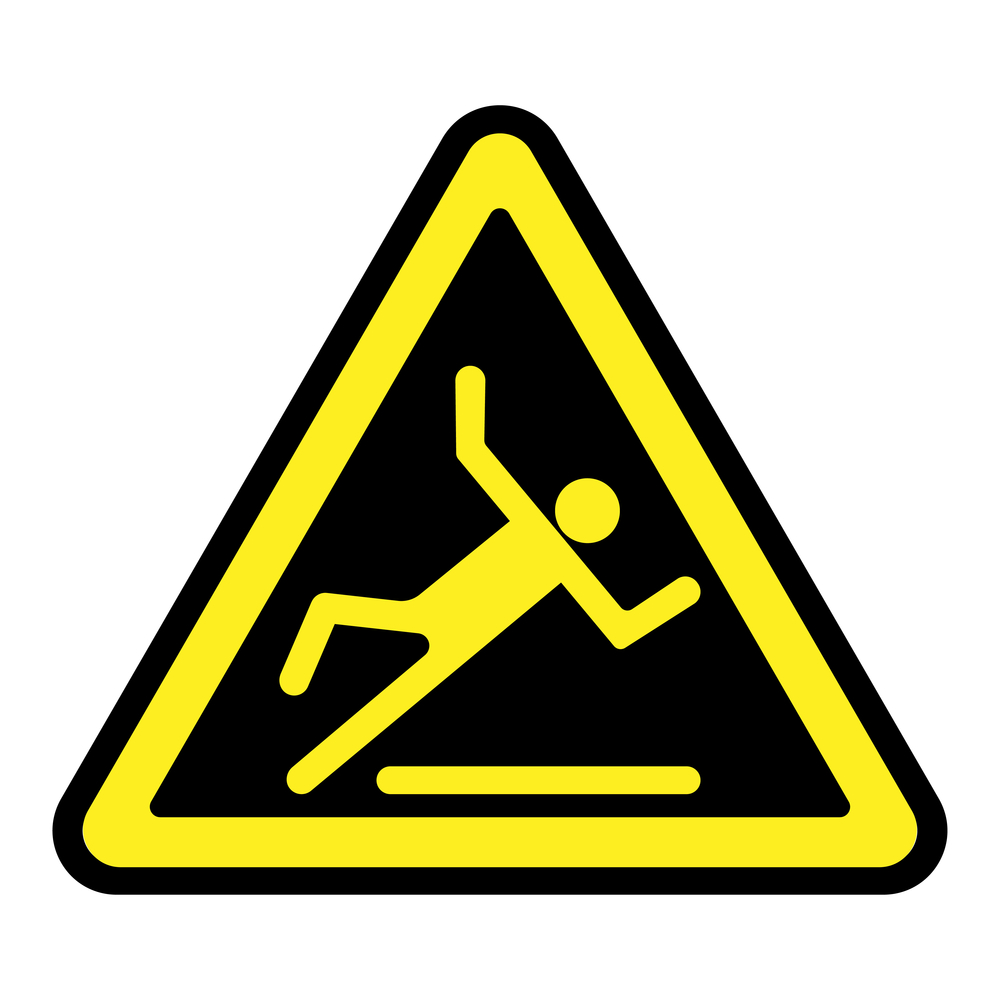Understanding what happens after you file a complaint for a slip and fall informs your next steps in this challenging situation. Review the personal injury laws in New York to navigate the court process successfully, increasing the chance of recovering a settlement for the costs of your injury.
What Happens After You File a Complaint for a Slip and Fall?

Serve Papers to the Defendant
Once you file a personal injury complaint, you’ll arrange for process service to the defendant through the court. This gives the property owner official notice about the lawsuit. Most lawsuits require face-to-face delivery of the court summons. Issues with process service can result in delay or dismissal of your case.
The defendant has a specified period (usually 20 days) to respond to your claim. After receiving their response, the court will set a hearing date. If the defendant does not respond, the court can issue a default judgment, which means the judge finds in your favor and issues a monetary award.
Engage in Legal Discovery
While awaiting the hearing, both parties gather information about the case from one another. The attorneys can ask questions, arrange depositions, and ask for relevant documents.
During legal discovery, either side can file a motion for summary judgment. This motion asks the court to rule in your favor based on evidence found in the discovery process. The judge may approve this motion, schedule a pre-trial conference to discuss a settlement, or move the case forward to trial.
Attend the Trial
At the hearing, you must present evidence showing that you suffered injury from the fall, which in turn caused financial damages such as medical bills and lost wages. You also have to show the court that the property owner acted negligently. You can provide evidence that they should have known about the dangerous conditions on their property or that they knew but didn’t alert visitors or make the necessary repairs.
New York uses comparative fault principles for slip and fall cases. The property owner can present evidence showing that you share some of the fault. For example, the defendant may argue that you entered a prohibited area, wore unsafe shoes, or weren’t paying attention to your surroundings when the injury occurred.
Review the Final Decision
The judge will make a decision based on the testimony of both sides. If they decide that you have a valid case, the court will specify a monetary award that covers your related damages.
If you share fault for the incident, the award decreases by the determined fault percentage. For example, if the judge calculates your damages at $30,000 but decides you share 25% of the responsibility for your injury, you would receive $22,500.
You have three years to file a legal claim after a slip and fall incident that results in a serious injury. It’s important to act quickly, since missing this deadline causes the court to dismiss your case. Connect with the experienced team of personal injury attorneys at Surdez & Perez in Astoria, NY to get knowledgeable advice today.


